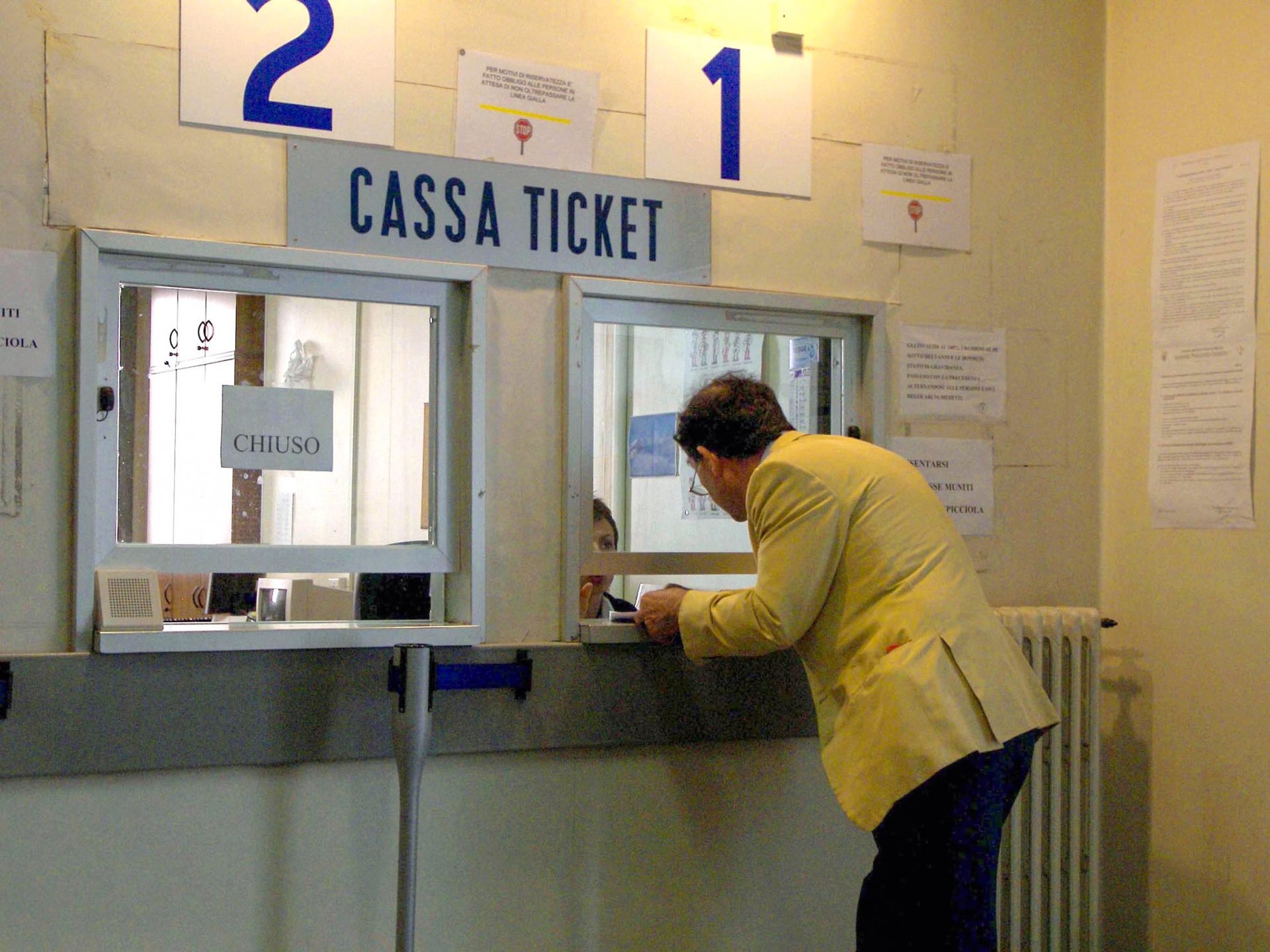Minus 350 million euros: this is the difference between the ticket revenues in 2022, which amount to approximately 1 billion eurosand those of 2018, which were just over 1 billion 350 million, a 22% contraction. An increase compared to 2021 and 2020, but still lower than pre-pandemic levels.
This is shown by the data published by the agency for regional health services Agenas (here the report), on the trend of sharing of expenditure on health services by citizens between 2018 and 2022, which rose respectively from 23 euros to 18 euros per capita, but with huge regional differences as can be seen from the infographic. 96% of the amounts derive from the sharing of the expense for specialist outpatient services (in 2022 equal to 973 million euros), while the co-payment for assistance received in the emergency room amounts to 3% (in 2022 equal to 34 million) .
Why this decline? “There was, of course, the pandemic,” he begins Anna Lisa Mandorino, general secretary of Cittadinanzattiva. “It has led to difficulties in accessing health services and has also given rise to a reluctance in citizens that still persists and which we have tried to counter with the campaign Let’s go back to treating ourselves”. But other issues explain this data, such as poverty and endless waiting lists that do not meet the deadlines, even in priority cases. «The problem of waiting lists persists and continues to get worsei, despite the allocation of ad hoc funds, tragically only partially used» explains Mandorino. «In this situation, there are three solutions that lie ahead for the citizen and each contributes to the drop in ticket revenues: contact private health care; look atintramoenia as a way of accessing public health (I request a paid visit, hoping to then be taken care of by the specialist during his activity in the public); abandon treatment and give up visitsdue to the economic impossibility of doing so, with the consequent medium-term and also economic burden on health ».
Intramoenia services are those provided for a fee by a hospital doctor, outside normal working hours and using the hospital’s outpatient and diagnostic facilities. There is no national data, therefore Cittadinanzattiva is monitoring the dimensions of the phenomenon through the instrument of the request for civic access. The data from Campania (Nicola Varcasia for Vita recounted them here), arrived early and in a complete way, show a dramatic situation, which has been under discussion for days: «The number of services provided in the public channel is lower, for all medical specialties, than those provided intramoenia, in all hospitals». The institutional response has already arrived with the tightening of the Region through a ban on intramoenia services when they exceed those provided by the National Health System.
It should be remembered that the health ticket is a consolidated tool for controlling the health demand in many countries of the OECD area and for making citizens responsible for the costs of the services provided; it is the citizen’s share of direct participation in public expenditure for healthcare provided by the State and the Region and is envisaged for specialist outpatient services, pharmaceutical assistance, some emergency services, spa treatments.
